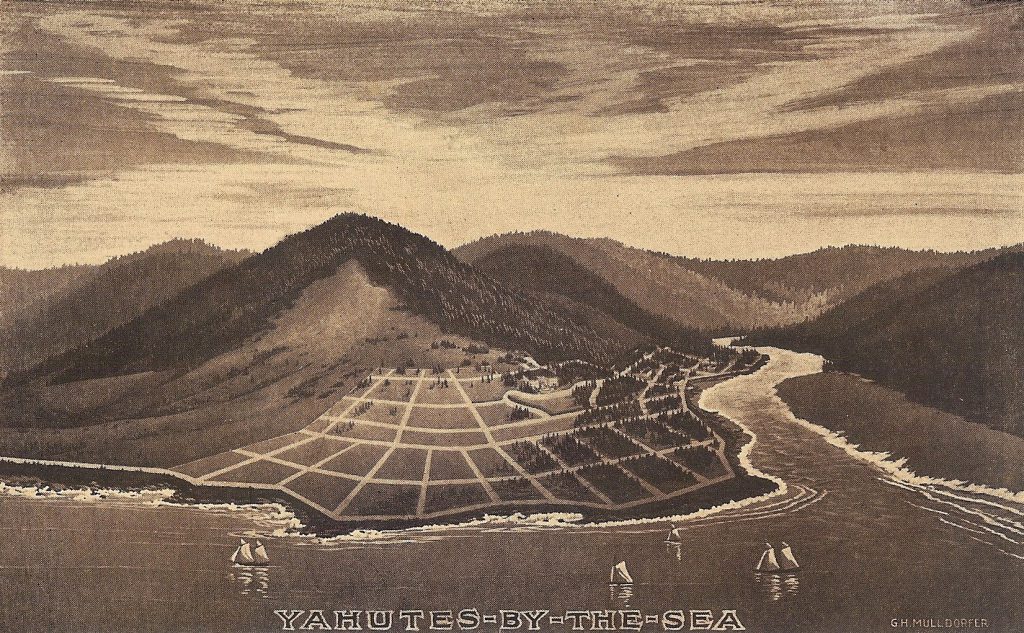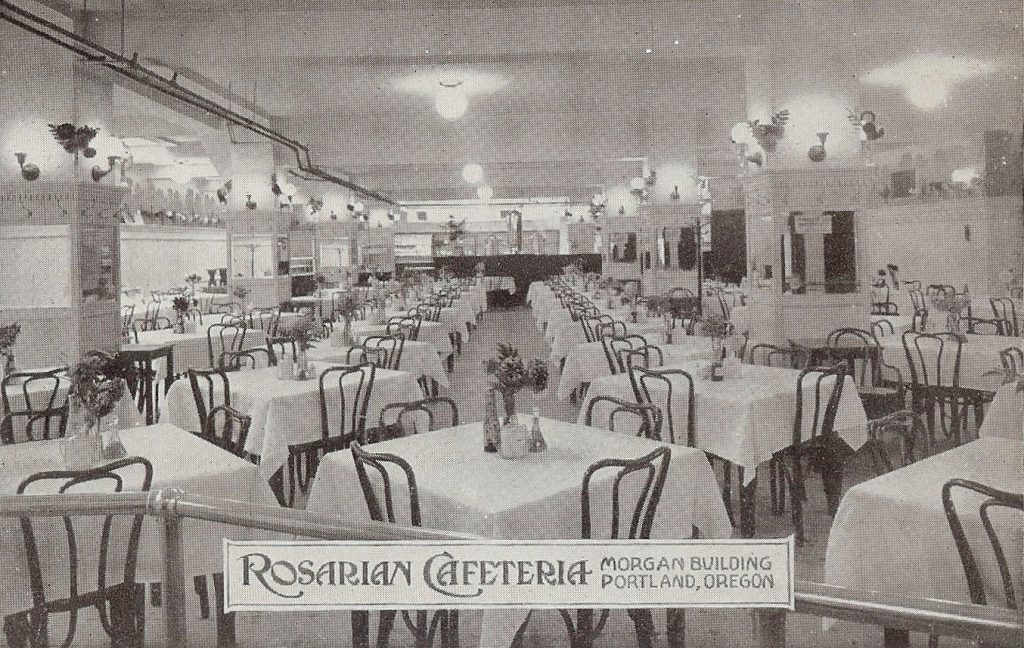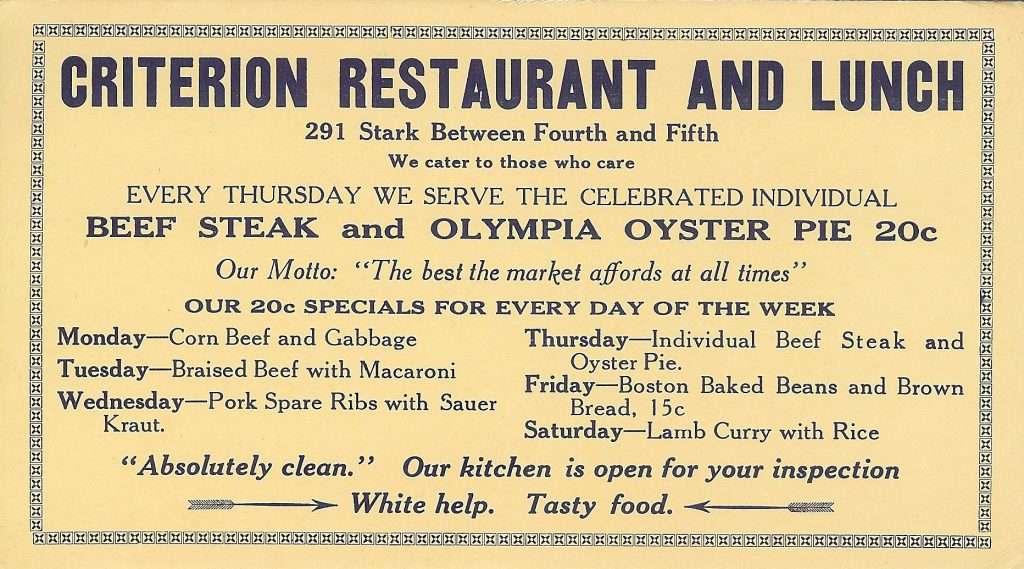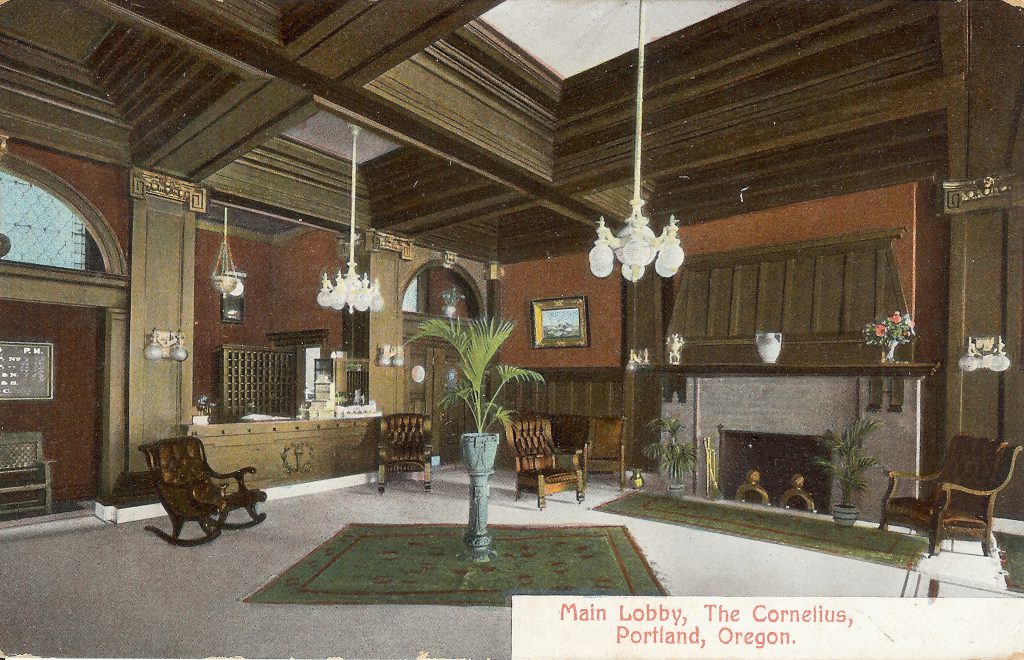Yahutes-by-the-Sea
The coastal town of Yachats, famously pronounced YAH-hots, is a resort locale today, smack on Highway 101, three hours’ driving time from Portland. But a century ago, getting to Yachats took an all-day trip on two trains, then a steam launch, an overnight stay, a jaunt by stage and two ferries, and finally either a…
Read more









